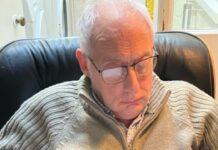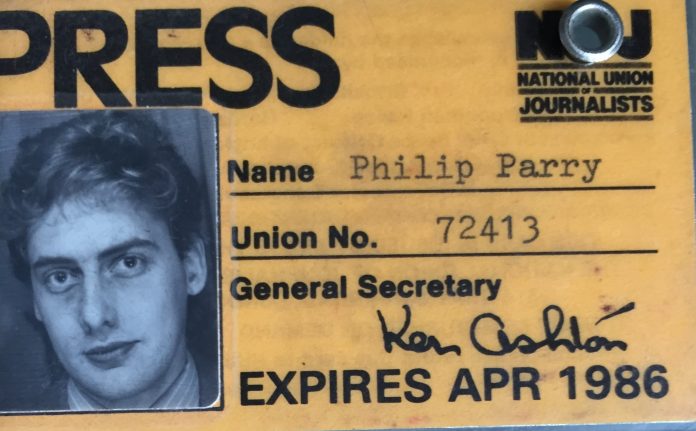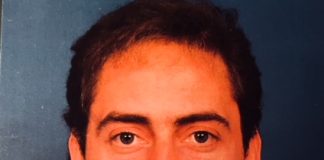- Headline news - 9th January 2026
- Huwge mistake by a TV celebrity - 8th January 2026
- Action NOT words - 8th January 2026

On The Eye our Editor Phil Parry has described how he was helped to break into the South Wales Echo office car when he was a cub reporter, recalled his early career as a journalist, the importance of experience in the job, and making clear that the ‘calls’ to emergency services as well as court cases are central to any media operation.
He has also explored how poorly paid most journalism is when trainee reporters had to live in squalid flats, the vital role of expenses, and about one of his most important stories on the now-scrapped 53 year-old BBC Cymru Wales TV Current Affairs series, Week In Week Out (WIWO), which won an award even after it was axed, long after his career really took off.

Phil has explained too how crucial it is actually to speak to people, the virtue of speed as well as accuracy, why knowledge of ‘history’ is vital, how certain material was removed from TV Current Affairs programmes when secret cameras had to be used, and some of those he has interviewed.
After disclosing why investigative journalism is needed now more than ever although others have different opinions, and how information from trusted sources is crucial at this time of crisis, as well as showing that the concept of ‘news’ might be changing forever, here he looks at the reasons NAMES have always played a large part in his life.

It is always drummed into you as a trainee reporter that YOU MUST GET NAMES RIGHT because nothing annoys people more than having their names misspelt.
In Wales this poses a particular problem as people are often known by their SECOND name, not their first name, and there is also a lot of politics surrounding use of the SURNAME.
The surnames are often seen as an English imposition, so people with strongly nationalist sentiments might prefer to revert to the more traditional ‘patronymic’ ‘AP’ meaning ‘son of’ (or ‘AB’ if the father’s name starts with a vowel).
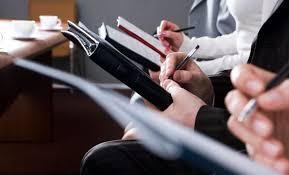
Over time these became absorbed into the name itself, so AP ROBERT became Probert, AP REES (or Rhys) became Prees(e) and AP RICHARD (or Risiart) became Pri(t)chard.
My own surname (Parry) is along these lines, as a derivation of ‘AP HARRY’ or ‘AP HARRI’.
Historically, too, the names became truncated so that the ‘AP’ was dropped altogether with none of it being absorbed, and AP JOHN (or Sion) became John, which turned into Jones and AP DAVID (or Dafydd) became David, which turned into Davies and so on.
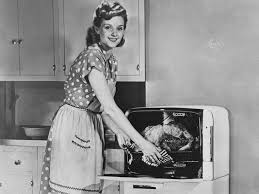
This system has always struck me as a bit sexist, as it is invariably the father’s name which is taken, not the mother’s, and although you do have ‘MERCH’ or ‘ERCH’ for a woman saying she is ‘DAUGHTER OF’, it is rarely used.
Usually the woman just uses her middle name, which is another complication.
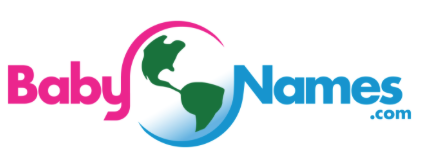
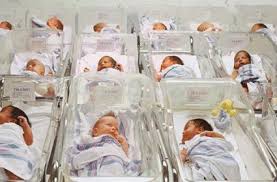
Names also go in and out of fashion and as a journalist you can usually gauge a person’s rough age by the first name.
This year the top girl baby’s name is ‘LUNA’ with the top boy’s name being ‘ASHER’ – although I have to say I would never call my baby either of those!
In Wales the top boy’s name is ‘DYLAN’ and the top girl’s name is ‘MEGAN’.
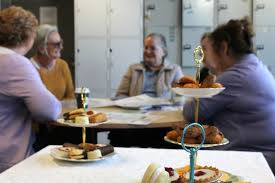
Yet early last century it would have been different.
One of my grandmothers was called ‘ETHEL’ and the other was ‘MILDRED’ neither of which would figure as one of the most popular now, although ‘EDITH’ is back in fashion because of the DJ Edith Bowman.
People also always mix up names so it is useless relying on anybody else for somebody’s name to publish.

I hold my hand up here because I am very bad with names.
An especial problem for me arises when I am talking to somebody, and have no idea of the name, then somebody else turns up so I have to introduce him or her!
Interviewees are often wary about giving their name to a journalist, so you would use a few tricks.

One of those would be to say “What was your name again?” when in fact it hadn’t been offered.
I was once caught out by somebody I was interviewing saying, “I didn’t give it”!
On newspapers, names were particularly important because it seemed so permanent to the reader – people would see their name spelt incorrectly as the paper lay about the house, and become increasingly angry before finally complaining.
Those I was interviewing would invariably have problems with my name for some reason, particularly Americans for whom ‘PARRY’ is fairly rare and ‘PERRY’ is more common.
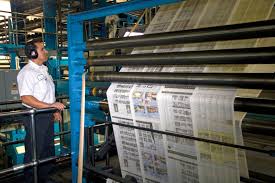
I got used to being called ‘MR PARROT’!
For any journalist, like me, having for the first time your name (or ‘byline’ as it’s known) in a newspaper is a major event.
To have ‘by xxxx’ under the headline, confers approval by the News Editor, a pat on the back for a job well done, and offered the prospect of being given good stories in future.
 My first ‘byline’ in a ‘national’ (UK) newspaper was in the Daily Express about a tragic story of a little girl who sadly died after touching the back of her father’s fridge which was wired up wrongly.
My first ‘byline’ in a ‘national’ (UK) newspaper was in the Daily Express about a tragic story of a little girl who sadly died after touching the back of her father’s fridge which was wired up wrongly.
But even then they got my name wrong.
My story appeared as: “BY PHIL BARRY”…
Tomorrow – Phil shows why journalism can be a dangerous business.
If you want to read more about his extraordinary 36-year award-winning career in journalism as he was gripped by the incurable neurological disabling condition Hereditary Spastic Paraplegia (HSP), then turn to his major book ‘A GOOD STORY’. Order the book now!
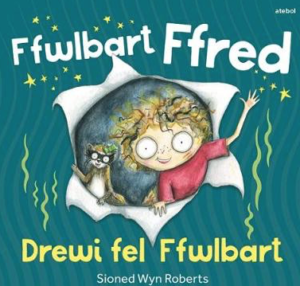
If you need something to keep the children entertained during these uncertain times (in Welsh) try Ffwlbart Ffred about the amusing stories of Ffred and his pet.



